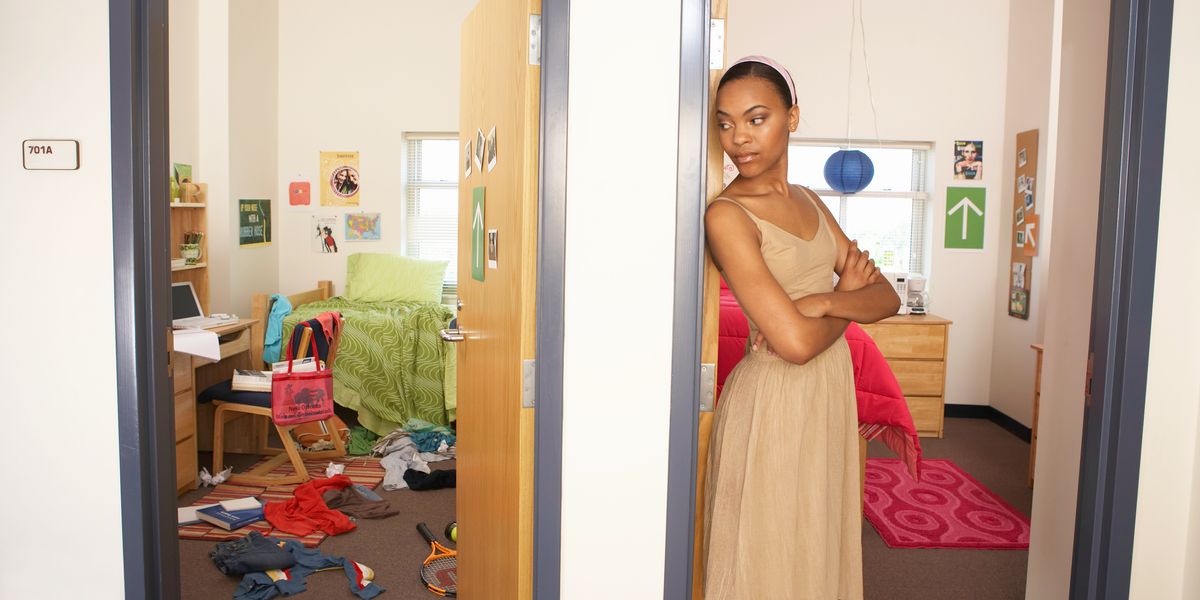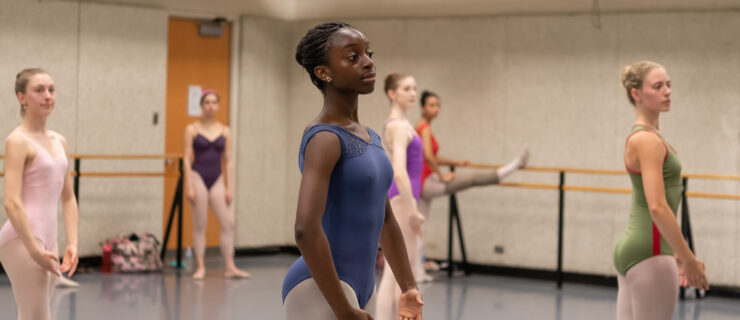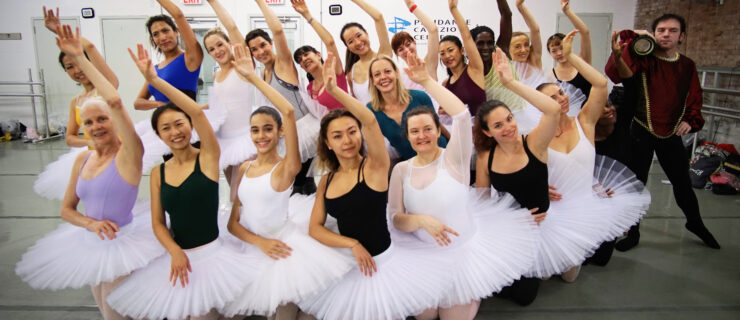Surviving Dorm Life: Learning to Live Together at Your Summer Intensive
At my first summer intensive away from home, my roommate and I deliberated good-naturedly over bunkbeds and decorations. But the next summer, I walked into a triple dorm room and was met with the least desirable bed choice and nearly every inch of wall space plastered with posters of teen pop artists I didn’t care for. (Well, hated.) While my two roommates became fast friends, they were aloof towards me and disregarded my personal space.
It was not an ideal situation, but it was one that I had to learn to live with for five weeks. Venturing away from home for summer programs means intimate spaces, unfamiliar faces and new rules—a recipe for lifelong friends if you’re lucky, tribulations if you’re not. Either way, learning to deal with residence hall life is good training for what may come later in your ballet career or in college.
Learning to Coexist
Attending a summer program in a new city may seem like wading into strange and potentially unfriendly waters. “My first summer away, I was definitely nervous,” says San Francisco Ballet soloist Cavan Conley. “I didn’t know if these dancers were going to be miles beyond my ability. I had no idea if I was going to fit in.” But he soon realized that he wasn’t alone in this fear, and it was nice to be around like-minded, dedicated ballet students: “It’s amazing to be in a place where everyone has a common interest like dance. That’s not something you’re always surrounded by, even at your local studio.”
 Cavan Conley in rehearsal at Tulsa Ballet. Photo Courtesy Tulsa Ballet.
Cavan Conley in rehearsal at Tulsa Ballet. Photo Courtesy Tulsa Ballet.
While you’re bound to find friends that you connect with, it’s possible that your roommates won’t be those people. In such close living quarters, cleanliness (or lack thereof), noisiness and spatial awareness can become testy topics among cohabitants.
While extreme cases may warrant a room change, talking through your differences, as well as acknowledging your roommate’s good qualities, could prove useful. Patrick Armand, associate director of the San Francisco Ballet School, oversees students in double rooms at the school’s summer residence at San Francisco State University. He notes that dancers’ ability to adapt in the dorms is an indicator of how well they’ll navigate a professional environment. “A ballet company is a very close world,” he says. “It’s good training to be able to live in a community.” Negotiating tactfully when the topic is dirty laundry or music choices is great practice for dealing with tricky partnerships or difficult colleagues in the studio.
New Land, New Laws
With no parents to answer to, dorm living may come with certain freedoms—but it also comes with plenty of rules. Conley attended the Harid Conservatory’s summer intensive at 15 before joining the school’s year-round program. Certain regulations—like making his bed in the morning—were stricter than what he would have experienced at home with his parents. But, Conley concedes, “it definitely teaches discipline. So as annoying as those things are, in the long run, it ends up helping.”
 San Francisco Ballet School summer students on a Sunday excursion. Photo Courtesy SFB.
San Francisco Ballet School summer students on a Sunday excursion. Photo Courtesy SFB.
Most residence hall rules, like sign-in and lights-out times, are in place to keep you safe and focused on work in the studio. As stand-in parents during your summer away from home, dormitory chaperones often enforce these rules with a demerit or strike system. For example, if you’re late for curfew or found outside of city limit boundaries, you may have to sign in early the next weekend night. Repeated offenses garner stricter penalties, and the chaperones may even decide to notify your parents or the ballet staff. Though it may seem harmless to miss curfew a couple times, it’s better to get noticed for your dancing than for your tardiness.
In Hot Water
For the most part, Armand finds that students take the expectations spelled out in orientation seriously. “Kids coming in are all very driven and want to do well, so they follow the rules,” he says. But on rare occasions, dancers push the limits too far. Pennsylvania Ballet demi soloist Alexandra Heier never partook in any delinquency (“I thought I was a rebel because I started cursing as a teen,” she jokes), but she did witness a group of kids get expelled from a program for having alcohol in the dorms.
 Thinkstock
Thinkstock
If you ever find yourself tempted by unsanctioned activities, Heier suggests, “think about why you’re at the summer program in the first place.” The momentary diversion isn’t worth ruining a relationship with a potential employer. Armand agrees: “Because we’re using the summer program to recruit people for the school year, we’re very aware of what’s happening in the dorms.”
When to Say Something
No one wants to be a tattletale, but certain behavior—underage drinking, smoking or sneaking into off-limits dorms or city territory—warrants adult intervention. Pennsylvania Ballet demi soloist Alexandra Heier notes, “If the situation is becoming dangerous, the right thing to do is to tell someone.” Here’s when you should speak up:
- If it’s detracting from your ability to perform well in the studio or rest and relax between dance-filled days.
- If it’s happening with strangers away from campus. Residence-life staff should be able to locate students at all times in case of emergency.
- If the behavior is unsafe to themselves or to others.






